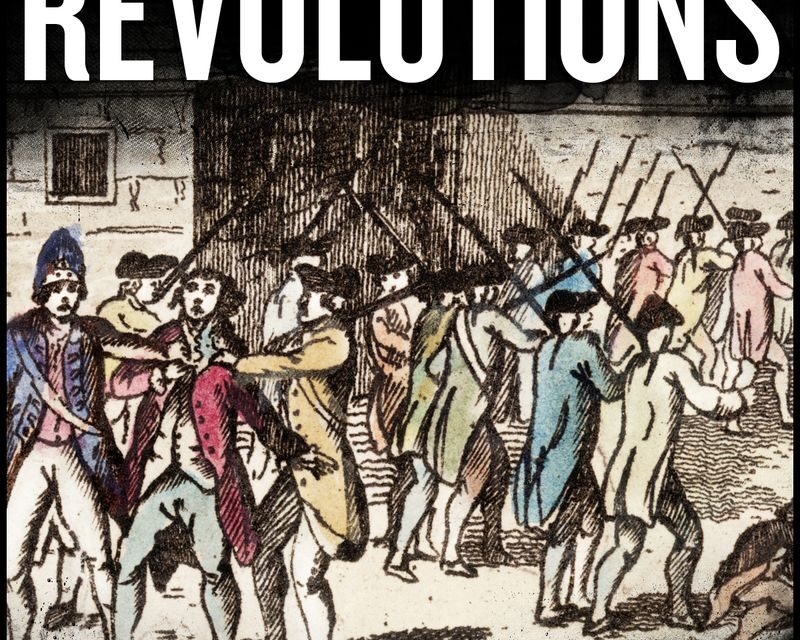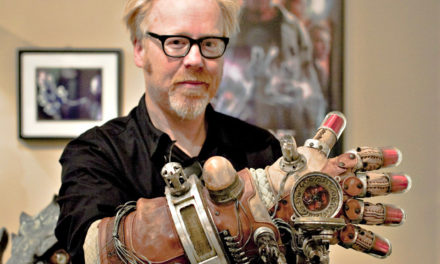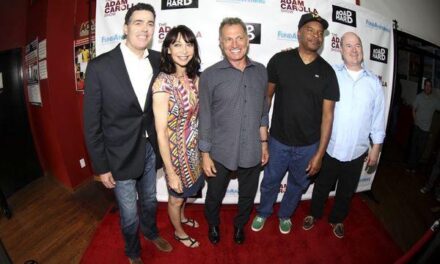The History of Rome (THoR) is THE definitive history podcast. No need to argue about it. Every week for five years, THoR’s host and creator, Mike Duncan, dissected the Roman Empire and all of its sociopolitical eccentricities, and he did it with dry whit and accessible deliberation. It was thorough and entertaining; everything a podcast should be.
THoR was born out of simple plane-ride boredom and a marathon of online history lectures, according to Duncan, a stay-at-home dad and former fishmonger. Inspired by Lars Brownworth’s 12 Byzantine Rulers, this historical hobbyist realized creating his own podcast on Roman history was not only doable, it was subject matter no one had touched on in podcastia at that point.
The fan base grew at an impressive clip, and THoR went on to win “Best Education Podcast” in 2010 in the The People’s Choice Podcast Awards.
Recently, Duncan unvealed Revolutions, an ambitious look at some of the revolutions that shaped world history. He was nice enough to answer a few questions for me. We talked Mikhail Pokrovsky, 19th Century tariff squabbles, and Roman biographies aimed at kids:
How does a fishmonger make the transition into critically-acclaimed podcaster and political cartoon collaborator?
I think being a fishmonger actually made the transition easier. Selling fish does not require much brainpower, demand much time, or entail bringing your work home with you (except the smell), so I was free to put everything I had into the show. I actually just discovered an illustrated Bill Watterson speech that sums this up nicely: Zen Pencils. And now I’m a stay-at-
home dad. Natch.
The new podcast covers the biggest revolutions throughout history. You’re an adept teacher and deliberator. What corners of human history intimidate you?
China.
You’ve said you steer clear of modern-day “super politicized issues” like the Iranian revolution. Do you think time provides the objectivity you need to talk at length about these topics, or does historical truth remain a nebulous concept?
It’s a little of both. There is an old Bolshevik historian named Mikhail Pokrovsky who said, “History is politics projected on the past.” Which I think is essentially right. Every generation has a tendency to reconfigure historical events to serve contemporary politica ends. Tracing the historiography of a subject is the same as tracing the political trends of a society. So in that sense politicization is unavoidable.
But on the other hand, once you get a hundred years away from the heat of the moment it’s much easier to look back dispassionately and maybe draw some “objective” conclusions. For example, there were huge, vicious, angry battles in the early 19th people getting into fistfights over the tariff rates or whether we should build an internal system of canals. No one really has a monkey in that knife fight anymore so it’s easier to be neutral and just discuss what happened without taking sides.
Tell me about your research process. Who are your go-to historians?
My strategy for Revolutions has been to run the historiographic gamut. Revolutionary periods in particular are constantly re-evaluated, so I’m reading the most influential works from all the various eras and schools of thought. For the English Revolution that means starting with Clarendon (17th Century Royalist), then reading S.R. Gardiner (19th Century Whig), Christopher Hill (mid-20th Century Marxist), Conrad Russell (late-20th Century Revisionist) and so on.
It’s actually pretty fun to follow along in real time as each generation critiques the work of their predecessors. Sometimes a guy like Trevelyan gets taken to the woodshed for fifty years and then suddenly you’re reading an essay from the 1990s asking whether Trevelyan was right all along. Good times.
How are you with bedtime stories? The particulars of Crassus’s defeat at Carrhae wouldn’t fly with my three year old.
Well, we’re still on Everything Goes 1-2-3 Beep Beep Beep! so I haven’t had to explain Caesar to the boy yet. Awhile ago I thought about writing a series of Roman biographies aimed at kids, but when I started walking through it, it was like OK now we’re at the part where they draw up the proscription list and start murdering everyone…
Are you still considering making THoR into a book?
Yes. But not in a way you’d expect.






